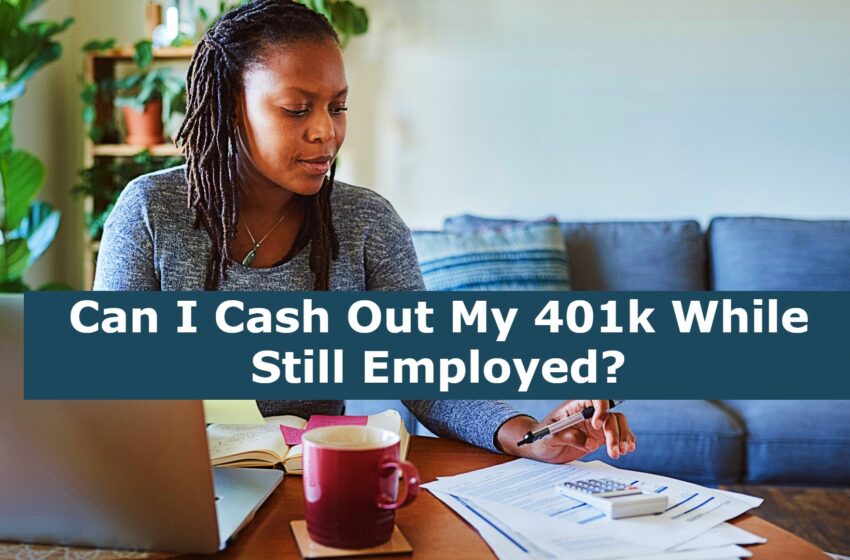
Can I Cash Out My 401k While Still Employed?
If you are looking to take out money from your 401k while still employed, there are a few things you will want to consider. You can do this either through the use of a rollover or through an employer sponsored plan. There are some advantages to both of these methods, but it is important that you understand which is the right route for you.
Rollover evaluator vs employer-sponsored plan
For those of us that are looking to maximize our retirement savings, it is not a bad idea to look into a rollover IRA. However, you need to know the advantages and disadvantages before jumping into it.
One of the advantages of a rollover IRA is that you can keep your old investment funds while transferring them into your new account. This can save you thousands of dollars in fees over the life of your account. Taking advantage of the rollover IRA may also be a wise move if you are still employed and not taking required minimum distributions (RMDs) from your employer-sponsored plan.
As with any other major financial decision, you will want to shop around and compare your options. You will need to take into consideration the cost of your rollover IRA as well as the tax benefits you’ll receive. Whether or not you opt to go with an online or brick-and-mortar brokerage, you’ll need to be aware of the costs and the requirements.
401k to IRA rollover
Rollovers are a popular way to move your savings to a new retirement account. Typically, a qualified asset is rolled over into an Individual Retirement Account (IRA).
The IRA offers a variety of investment options that are not available with 401k plans. A rollover allows you to take advantage of these investment choices without paying income tax. It also gives you more control over your savings.
You can make a transfer from your 401k plan to an IRA without a tax penalty. However, some restrictions apply. 401k plans may require that you work a certain amount of time before taking out a distribution. Similarly, your employer may have blackout periods.
Most people rollover when they switch jobs. In fact, the Bureau of Labor Statistics estimates that 12 job changes are made per person between the ages of 18 and 52. If you don’t have an IRA, you can open an empty one and fund it with your 401k.
Involuntary cash-outs
Taking cash outs from a 401k while still employed is a risky business. It’s best to wait until after you reach retirement age, and then pull out money as needed. But if you do need to leave your job early, you can roll over your funds to an IRA.
If you decide to do a 401k rollover, you may be required to pay account fees. You also might give up some of your tax benefits. Consult a financial advisor for more information.
Involuntary cash outs are the number one drain on your personal retirement savings. However, there are some exceptions. For example, you may be able to leave your current employer’s plan before turning 55, and get a 10 percent early withdrawal penalty.
The IRS recently issued an update to its “look back rule” for 401(k) plans. Previously, this rule prohibited a participant from cashing out his or her benefits over the old maximum. Now, you can take a tax-free cash out, as long as you don’t exceed the new rule of one thousand dollars.
401k loan defaults
During a recession, 401k loan defaults skyrocketed. Typical borrowers lost more than $150,000 in retirement security during their career.
In 2009, Americans borrowed more than $100 billion from 401ks. Most of those loans were paid back. Those who don’t pay back their loans risk being taxed.
The rate of 401k loan defaults has increased dramatically since the recession. In fact, in the year 2011, 18.5% of plan participants had at least one loan outstanding. That is more than double the rate of a decade ago.
Almost all 401(k) plans allow their employees to borrow money against their savings. Despite this, many 401(k) plan participants are unable to qualify for conventional forms of credit. Consequently, they are not in a position to repay the loan.
A recent study found that eight out of ten workers who leave their job with an outstanding loan default. Fortunately, a new program is designed to prevent this from happening. It is called Retirement Loan Eraser. This program is created by Custodia Financial.


